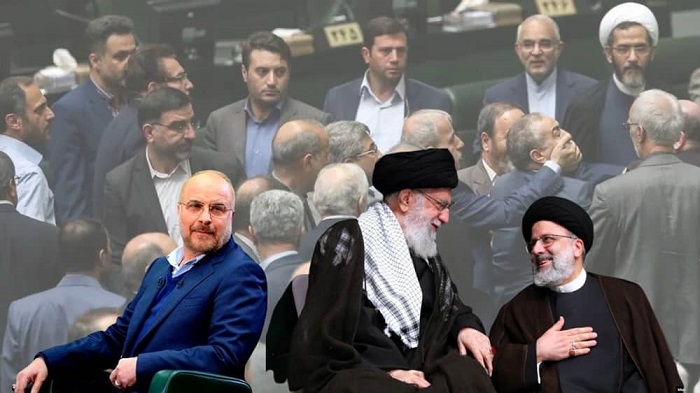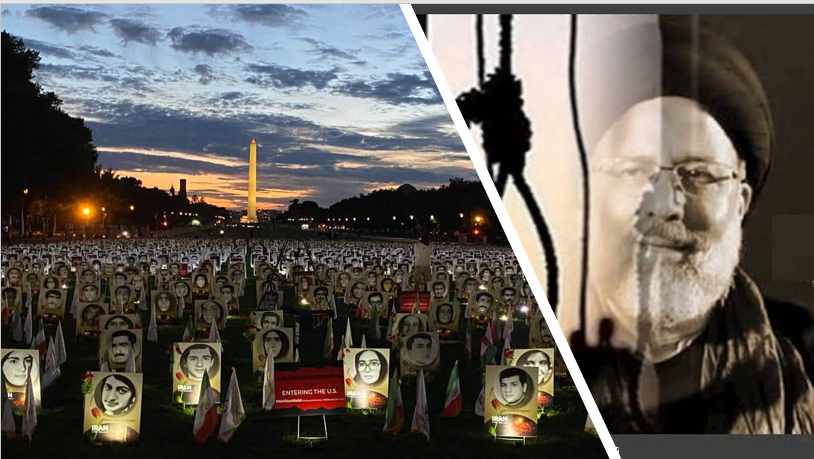

In a recent address during the “Week of the Government”, the country’s Supreme Leader, Ali Khamenei, showered praise on the performance of President Ebrahim Raisi.
Khamenei highlighted significant macroeconomic advances, especially in the industrial sector, over the past two years. He pointed out the upward trajectory in investment growth, a reduction in inflation and unemployment, lower income inequality, and a surge in exports.
President Raisi, however, has not had a smooth tenure. Continuous political, economic, and social challenges have marred his term. Given the substantial criticism the government has received from various factions and media entities, Khamenei’s endorsement of Raisi seems to be an orchestrated move to deflect criticism, especially given Khamenei’s instrumental role in Raisi’s ascent to power.
Adding fuel to the fire, the Parliamentary Research Center, post Khamenei’s accolades for Raisi, disclosed that Raisi’s administration has racked up debts surpassing 3 trillion tomans. The revelation seems less an affront to Raisi and more a veiled challenge to Khamenei’s authority.
#Iran News in Brief
In an article entitled “The Qalibaf-elimination Project Kickstarted”, the state-run Eqtesad News shed lights on the regime's factional infighting and how some MPs are paving the way to get rid of the current parliament speaker. Read⬇️https://t.co/I4egGxPSqI pic.twitter.com/li4SCn5gtA— NCRI-FAC (@iran_policy) May 14, 2023
The expectation was that, following Khamenei’s desired consolidation of power in 2021, a carefully handpicked parliament would toe the line set by him. However, the continued disagreements between President Raisi’s government and the parliament led by Mohammad Bagher Ghalibaf has dispelled that notion. These disagreements crescendoed, forcing Khamenei to step in during the Eid al-Fitr ceremony in 2023, urging restraint and unity.
The entreaties did little to smoothen relations, with impeachment motions against Raisi’s ministers and whispers of Ghalibaf’s impending ouster as Speaker adding to the public rift.
Amid this turmoil, the Hammihan newspaper and the “Sharyan” faction, under Hamid Rasaee’s leadership, issued warnings against Ghalibaf. The latter’s stern message clarified that any criticism or objection to Raisi’s administration would be tantamount to opposing the Supreme Leader himself.
Nevertheless, Ghalibaf appears emboldened, possibly eyeing a stronger role in the forthcoming parliamentary elections and even considering a presidential bid.Despite Khamenei’s pleas for harmony, the in-fighting among his own factions is evident.

From 2020, Khamenei took bold steps to consolidate his power, sidelining many previous allies. His strategy, however, seems to be backfiring, with dissent echoing not just from the lower echelons but also from top-tier members of his regime. The upcoming elections will certainly be a litmus test for a regime grappling with internal challenges.

MEK Iran (follow us on Twitter and Facebook), Maryam Rajavi’s on her site, Twitter & Facebook, NCRI (Twitter & Facebook), and People’s Mojahedin Organization of Iran – MEK IRAN – YouTu







